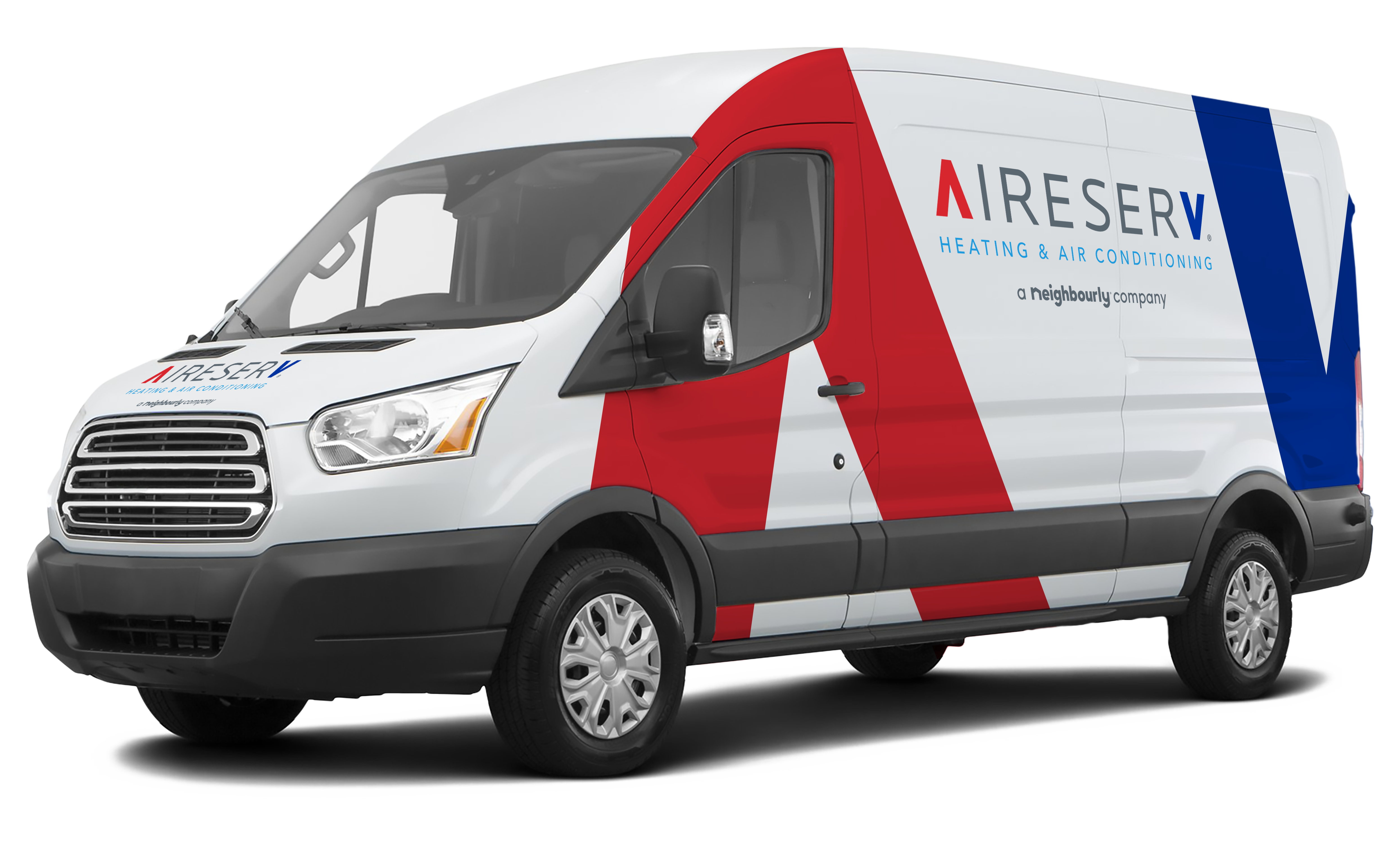
In Canada, our air conditioning units may not get as much use as our furnaces, but they still need our attention. A well-cared-for central air conditioner can last for 10 to 15 years. A neglected unit, on the other hand, will start causing you problems much sooner. You’ll ultimately end up spending money to replace it earlier than necessary.
In order to keep your central air conditioner running smoothly and efficiently for as long as possible, there are a few tips you can follow. And if your home has an older AC unit that’s near the end of its lifespan, there are signs to watch for that will tell you it’s time to start planning for a replacement.
Maximize Your Central Air Conditioner’s Lifespan
The best way to get the longest life out of your central air conditioner is to make the right decisions from the start.
-
Choose the right size of air conditioner for your home.
An air conditioner that is too small or too large for your space will result in extra wear and tear on its parts. If the unit is too large, it will turn on and off too quickly. If it’s too small, it will stay on too long as it struggles to cool your home down. In both cases, the lifespan of your AC will be reduced.
-
Make sure the air conditioner is installed properly.
This is where the services of a professional are essential. They can make sure the ductwork leading to and from your air conditioner is the proper size and design. They can also check that the ducts are sealed properly to keep the airflow at its best.
Once you’ve ensured your home has a properly sized and installed air conditioner, the best way to ensure a longer lifespan for your AC unit is to focus on good maintenance. Ideally, air conditioners should be serviced once a year in the spring to get ready for the warm months.
This annual tune-up will include:
- Changing or cleaning the air filters
- Cleaning the evaporator and condenser coils
- Checking the refrigerant and pressure levels
- Lubricating moving parts and tightening electrical connections
- Checking thermostats and sensors
Minimize Your Energy Bills
The price of having a cool home all summer shouldn’t be sky-high energy bills. If you have a newer model of air conditioner, chances are it runs more efficiently. But if you have an older unit that’s not ready to be replaced yet, there are steps you can take to help it use less energy and keep those bills down. These include:
- Clean your vents regularly. Vents that are free from dust and debris will allow the airflow through your house to be consistent.
- Never leave doors and windows open while your air conditioner is running. This will cause the cool air to escape and force your unit to work harder than it needs to.
- Seal up any air leaks in your house. Just like leaving doors and windows open, leaks around doors or windows let all the cool air out and keep your air conditioner running longer.
- Program your thermostat to a consistent, reasonable temperature. The ideal temperature for most homes is around 21 degrees Celsius.
- Make sure your condenser is in a shaded area that is free from obstructions. You should try to keep plants and other objects at least half a meter away from the air conditioner so that air is free to move around it.
- Keep curtains and blinds closed, especially during the hottest times of the day. This helps keep the temperature in your house down, which takes some of the burden off your air conditioner.
- Change your air conditioner filter regularly. When the filter is dirty, it can reduce the airflow and make your AC unit work harder.
Should You Upgrade?
When your AC unit is nearing the end of its lifespan, it can be tricky to know when the right time is to replace it.
There are some tell-tale signs you can watch for that let you know it’s time to consider a replacement. For example:
-
Frequent repairs
There’s nothing wrong with the occasional repair job to deal with common issues and keep your AC unit working longer. But if the repairs are becoming frequent and extensive, it can often be more cost-effective to invest in a new unit.
-
Unusual sounds
If your AC unit is making loud noises or sounds you’ve never heard before, there could be a serious issue you need to address. -
Rising energy bills
When your energy bills start to creep up despite your efforts to maximize efficiency, your best bet is often to invest in a new unit. New air conditioner models can save you up to 30 percent.
While installing a new air conditioning system can seem daunting, remember that a new, high-efficiency unit will likely make your home more comfortable and save you money in the long run. If you have questions or would like to schedule an appointment, call your local AC professionals at Aire Serve.

